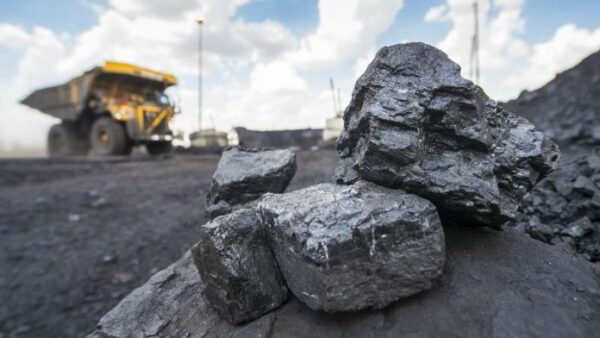ZIMBABWE has urged Western Countries to float a lucrative financial rescue package which will serve as a safety net for poor countries expected to stop coal usage.
Signatories to the Cop26 agreement, which Zimbabwe is a part of, have committed to ending all investment in new coal power generation domestically and internationally.
They have also agreed to phase out coal power in the 2030s for major economies, and the 2040s for poorer nations.
Speaking to NewZimbabwe.com on the sidelines of the Skills for Energy in Southern Africa (SESA) networking event organised by the International Labour Organisation (ILO) recently, Labour ministry’s chief director, Clifford Matorera said the developed countries must actively support poor nations.
He said the West should really come up with a package which is not tight bearing in mind that they developed using by-products which came from fossil fuels originating from Hwange like coal.
“They have reached these successful levels which they are at today and African countries are also trying to rise up to that level and they are now saying if you don’t do this then they are sanctions to do with failure to comply with energy production,” Matorera said.
“My argument is that we need a concerted effort from all regional and continental blocs to press the West to come up with a rescue package that can then be used as a rescue package if they want us to stop using coal. We cannot just wake up and say we can’t produce coal because of these developments. Yet the greatest enemies to ozone destruction are the first world countries,” he said.
Also speaking at the occasion, ILO’s Southern Africa, chief technical advisor in the SESA project, Lloyd Ngo said by the close of the project, it is expected that a total of 1617 engineers, technologists and technicians will be trained within the region contributing towards reduction of skills deficit.
“The Capacity of Kafue Gorge Regional Training Centre (KGRTC) will be enhanced to become a sustainable center of excellence in provision of skills training in renewable energy and energy efficiency technologies for the energy sector in the region,” he said.
The US$3,8 million project partnership agreement will be executed over a three- and half-year period and will be implemented by the Kafue Gorge Regional Training Centre (KGRTC).
It is a build up to the just-ended Skills Development for the Renewable Energy Sector (SkiDRES) pilot Project implemented from April 2019 to October 2020, whose objective was to test and prepare for further skills development for the Renewable Energy (RE) and Energy Efficiency (EE) sector.
“The project will be implemented from January 2021 to June 2024. The key implementing partner is Kafue Gorge Regional Training Centre. More details on KGRTC will be presented,” added Ngo.
New Zimbabwe




